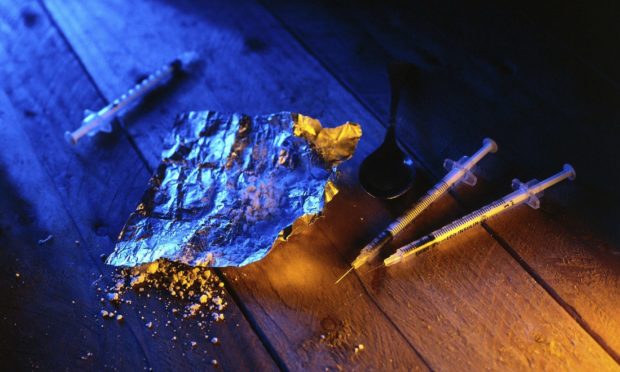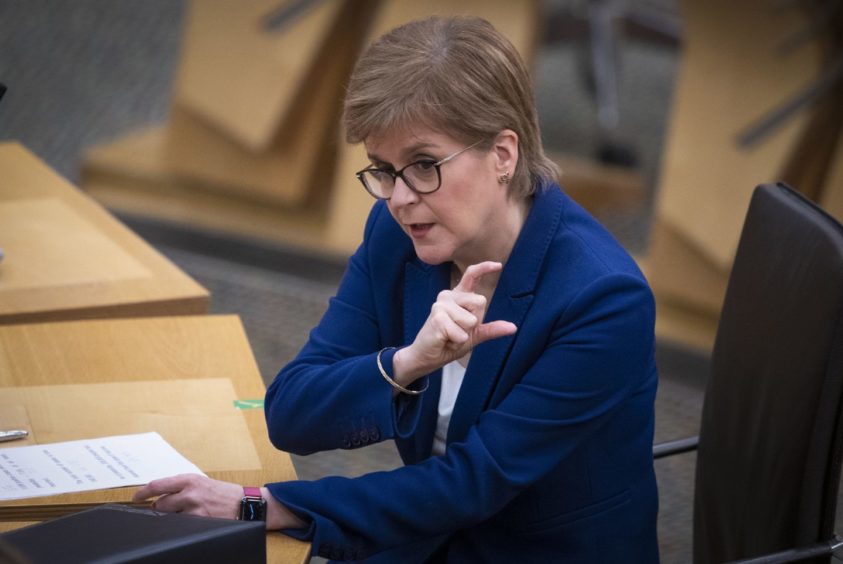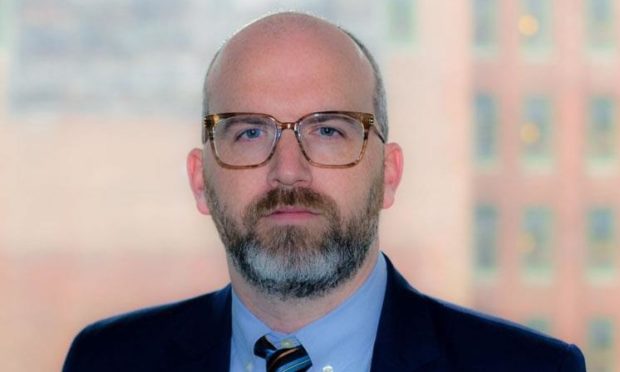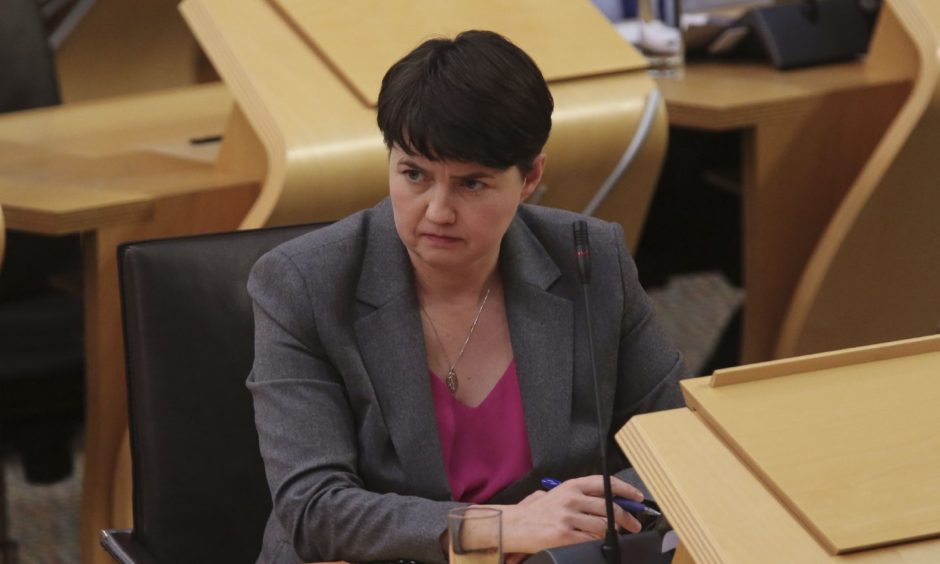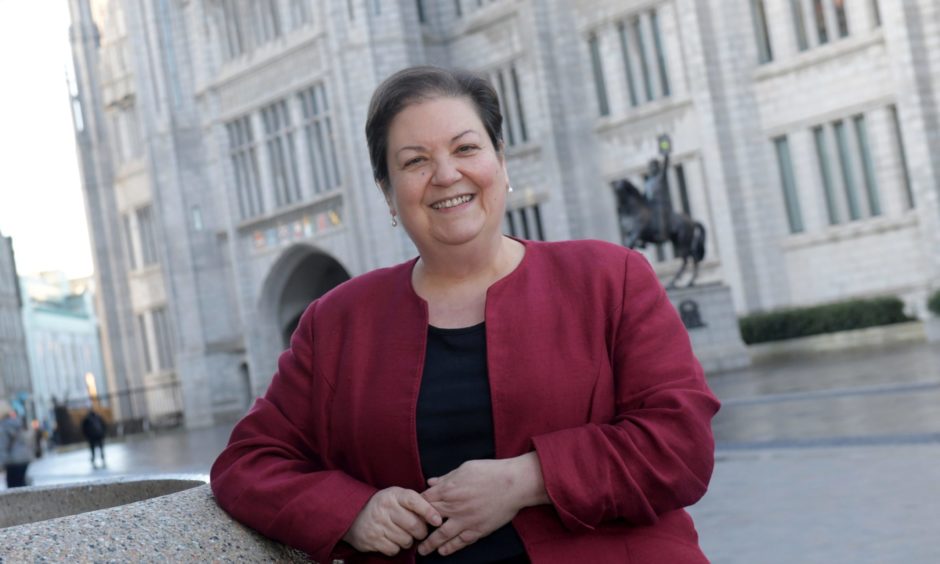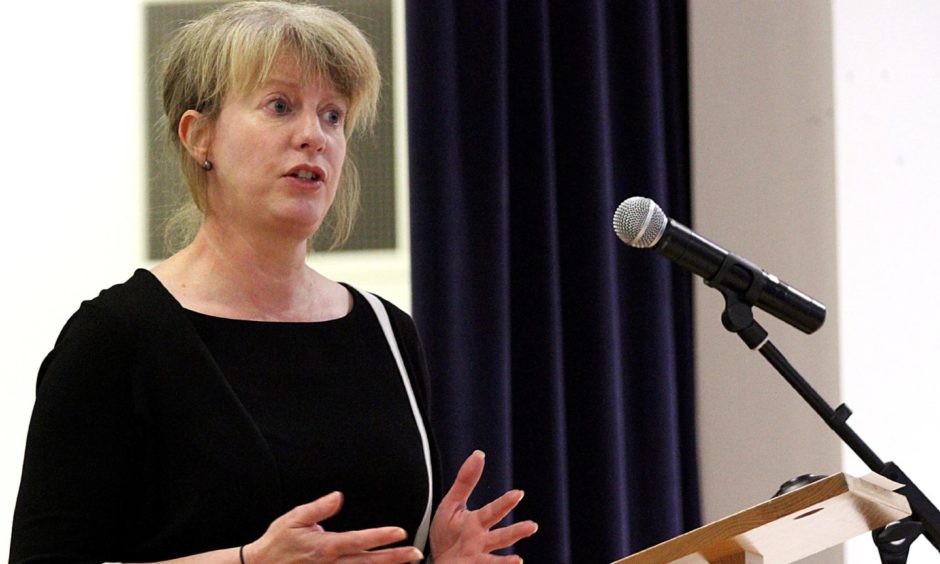Nicola Sturgeon has admitted “more should have been done” to tackle “the national disgrace” of Scotland’s drug deaths crisis as she announced more than £250 million of new funding to get to grips with the issue.
In what she described as a statement of intent “to no longer fail those who need and deserve our help”, the first minister said an additional £50 million will be allocated every year for the next five years to improve and increase treatment services.
As part of the funding pledge, £20 million will be used to provide residential rehabilitation programmes following calls from the Scottish Conservatives to replace historical cuts to the schemes, as well as alcohol and drug partnerships.
The new cash will begin flowing immediately with the Scottish Government committed to delivering a further £5 million this financial year.
I recognise more should have been done. I’m not going to shy away from that.”
Nicola Sturgeon
It comes following the release of harrowing figures last month that showed Scotland’s drug deaths rate is now higher than all EU countries and approximately three-and-half times that of the rest of the UK combined.
In a statement to the Scottish Parliament on Wednesday, Ms Sturgeon said she would not “shy away” from her government’s previous failures to address the issue and launched a “national mission” to turn the tide on the crisis.
The first minister said the number of people who died in 2019 – 1,264 in total – was equivalent to three people losing their lives every day and each one “was a human being with dreams and aspirations, talent and potential”.
“Anyone who ends up losing their life as a result of drug addiction is not just failed at the time of their death – in most cases, they will have been failed repeatedly throughout their whole life,” Ms Sturgeon said.
“I believe that if we have the will, we can and we will find the ways to stop this happening. Doing so requires a national mission to end what is currently a national disgrace.
“It is a reasonable criticism to say that this government should have done more earlier, and I accept that. But I am determined that we will provide this national mission with the leadership, focus, and resources that it needs.”
The actions announced by the first minister include:
- Substantially increasing the number of residential rehabilitation beds across the country.
- Reducing stigma and increasing the number of people in treatment for their addiction.
- Allocating funding directly to alcohol and drug partnerships, third sector and grassroots organisations to improve work in communities.
- Widening the distribution of anti-overdose drug naloxone.
- Implementing new standards for medicine-assisted treatment to ensure equitable services for all drug users.
- Reassessing how overdose prevention facilities might be established despite legal barriers.
Decriminalisation?
Ms Sturgeon said additional funding will be made available to make heroin-assisted treatment services more widely accessible across Scotland because there is “strong evidence” from other countries that these can reduce deaths.
The SNP leader also gave her strongest indication yet that the Scottish Government could consider decriminalisation following calls to set up an independent inquiry to consider the issue more fully.
We reported last week how a top expert in the US who is to meet with the Scottish Government next month believes Scotland should tackle its drug deaths crisis by pushing towards decriminalisation and daring Westminster to try to block it.
Ms Sturgeon said the justice system and possible legal changes were already being considered as part of the drug deaths taskforce and decriminalisation is “very much on the agenda here”. She also promised to take away the suggestion of an inquiry.
Scottish Conservative Holyrood leader Ruth Davidson “wholeheartedly” welcomed the first minister’s announcement but said more should have been done much earlier.
Scotland’s worst shame
She said: “Drug deaths have been a growing national tragedy for more than a decade but, in the last few years, they have become Scotland’s worst shame.
“More should have been done much earlier. Families have been failed. Entire communities have been let down and left broken. Today’s statement doesn’t change that, it won’t mend all those broken families but it is a start.”
Ms Davidson said there are still unanswered questions over whether rehab bed places will be restored to previous levels and stressed the importance of abstinence-based recovery programmes also being given a place.
Scottish Labour‘s interim leader, Jackie Baillie, also welcomed the announcement but challenged Ms Sturgeon over cuts to drug and alcohol partnerships during her time as first minister and her record in government.
She said: “It is tragic that it has come to this, and I welcome her acknowledgement that more needed to be done beforehand.
“As health secretary she presided over the Road to Recovery strategy, which the Scottish Drugs Forum described as a significant contributory factor to our present situation.
“And when the Scottish Government cut the budgets of alcohol and drugs partnerships, they were warned that it would lead to more deaths – now there are 1,200 deaths in a single year.”
Listening mode
During her statement to Parliament, Ms Sturgeon confirmed Police Scotland are “urgently considering” what more can be done to tackle the widespread availability of benzodiazepines, known as street benzos.
Dundee City East MSP Shona Robison said the pills had been “partly responsible for so many tragic drug deaths in Dundee”, with the city leading the way per head of population for drug-related deaths in Scotland in 2019.
Ms Sturgeon said street benzos are “scarring too many of our communities” and any response requires “not just action to disrupt supply, important though that is, but also improvements to treatment that are necessary to stem demand”.
David Liddell, CEO of the Scottish Drugs Forum, described Ms Sturgeon’s announcement as a “comprehensive initial response which will be roundly welcomed by people working in the drugs field and by people affected by drug problems, their families and communities”.
He said it showed ministers have “obviously been in listening mode” and the personal involvement of the first minister was welcome “as it will be taken as an indicator of the strength of the Scottish Government’s commitment”.
